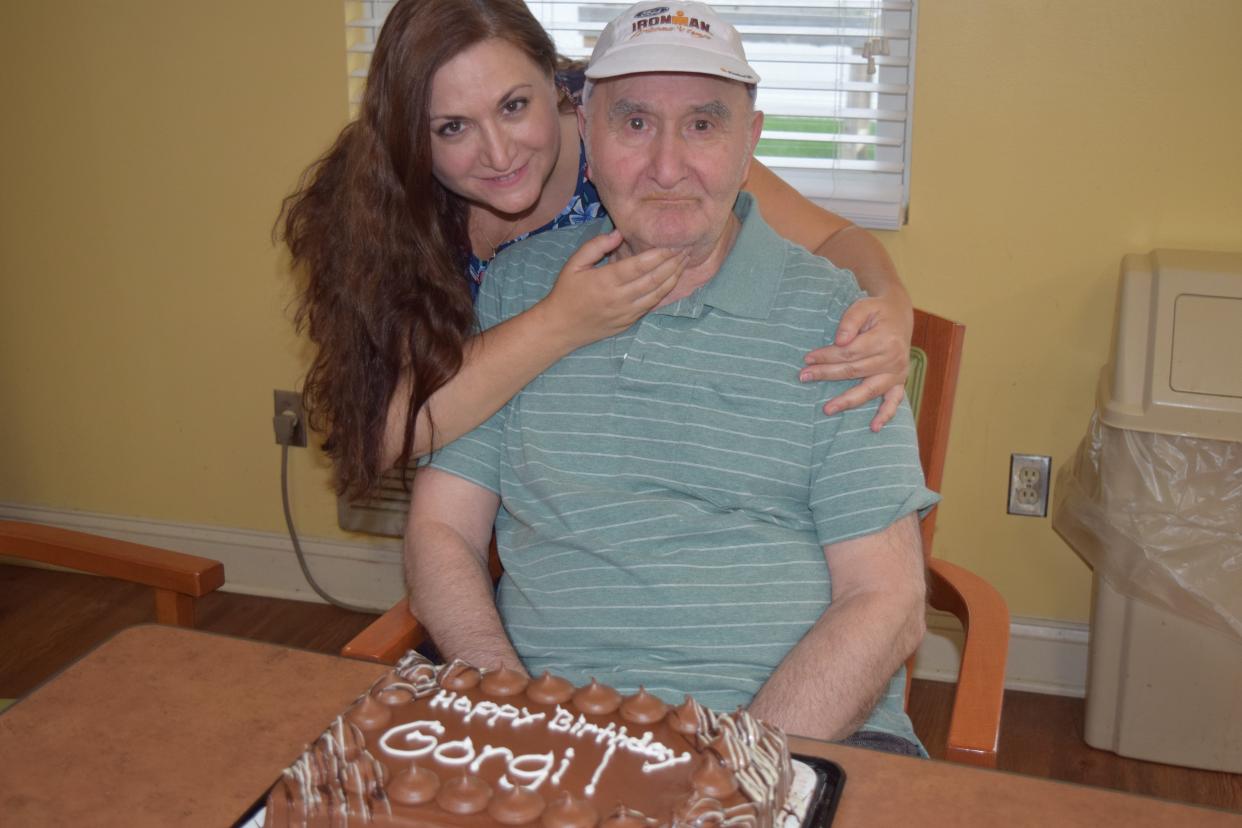Op/Ed: Marion County health agency's SCOTUS case could end protections for most vulnerable

On Tuesday, the United States Supreme Court is scheduled to hear arguments on the case of Health & Hospital Corp. (HHC) v. Talevski. This case arises out of allegations that Gorgi Talevski, a disabled person with dementia who resided at a long-term care facility owned by HHC, was kept in physical restraints in violation of a federal law ― the Federal Nursing Home Reform Act (FNHRA). HHC has responded not only that its use of restraints did not violate the FNHRA, but Talevski’s wife Ivanka (who is bringing the lawsuit on behalf of the estate of her now deceased husband) should not be able to sue at all. HHC goes so far as to argue the Supreme Court should overturn two existing rulings, which would mean that Talevski and other disabled patients would not be able to sue at all under the act. This request, if granted, would result in extraordinary damage to the rights, health and welfare of Hoosiers — and of all vulnerable Americans.
More:Here's why Nancy Pelosi, Todd Rokita, Biden administration care about Indiana nursing home
This case is complex. The FNHRA is a Reagan-era initiative, signed into law by the former president in 1987. It applies to any nursing home that accepts Medicaid or Medicare. It was the outgrowth of a 1986 Congressional investigation into the condition of nursing homes, which found that, among other things, residents admitted to nursing homes were receiving “shockingly deficient care that [was] likely to hasten the deterioration of their physical, mental, and emotional health.” The report further identified “neglect and abuse leading to premature death, permanent injury, increased disability, and unnecessary fear and suffering on the part of residents.”
Because the FNHRA is a federal law, its authority over nursing homes throughout the United States is accomplished through the spending clause of the United States Constitution. That is to say: nursing homes that accept Medicaid and Medicare (federal money) are bound by the FNHRA. HHC is asking the Supreme Court to overturn two cases that presently allow patients like Talevski to sue for money damages when their rights are violated under a federal statute that is implemented by way of the spending clause. These lawsuits, although rare, allow people who have been injured to avoid burdensome bureaucratic reporting requirements and access the courts in order to be made whole in a fair and timely fashion.
More:Mayor Hogsett says health agency went 'a step too far' with SCOTUS case, calls for change
Hoosiers will feel the impact if the Supreme Court rules in favor of HHC. At risk is the ability of anyone receiving federally funded safety net services (including disabled individuals) to sue if their rights under the program are violated, which would make enforcement of laws like FNHRA nearly impossible and erode the rights of vulnerable Hoosiers.
HHC is a municipal corporation established in 1951 that owns 78 nursing homes in Indiana. HHC also oversees the Marion County Health Department, Indianapolis EMS, Eskenazi Health, and Long Term Care. In essence, HHC is the overseer of public health in the Indianapolis metropolitan area. We invite Hoosiers to ask not whether HHC could win this case, but why they would seek to do so, disrupting the nearly 35-year history of this country protecting its most vulnerable.
More:Secrecy concerns grow over Marion County health agency's handling of Supreme Court case
The best case we have is the case that is not heard by the Supreme Court — and it need not be. HHC’s seven-person board is appointed by Indianapolis government leaders. These government leaders and board members could withdraw the petition in Health & Hospital Corporation (HHC) v. Talevski and eliminate the risks to the most vulnerable Hoosiers.
Because of this, the Good Trouble Coalition respectfully calls on the HHC board members and public officials affiliated with their appointments to withdraw this potentially devastating petition. Otherwise, we risk a return of this country and of our fellow Hoosiers to the days when nursing home residents were, as the Congressional investigation found all those years ago, “frequently denied any choices of food, of roommates, of the time they rise and go to sleep, of their activities, of the clothes they wear, and of when and where they may visit with family and friends.”
More:Op/Ed: Health agency's lawsuit against nursing home resident 'is the height of hypocrisy'
Hoosiers deserve better than the worst version of HHC.
Jane Hartsock, a bioethicist and medical humanities professor in Indianapolis; Gabriel Bosslet, a pulmonary and critical care physician in Indianapolis; and Jamie Levine Daniel, an associate professor of public affairs and nonprofit management in Indianapolis, are founding members of the Good Trouble Coalition, a grassroots group of over 1,000 Hoosier health care and public health stakeholders who collaborate to educate, empower, and facilitate political advocacy in the areas of patient-centered care, public health and health equity.
This article originally appeared on Indianapolis Star: Health agency's case unconscionable, leaves most vulnerable at risk

